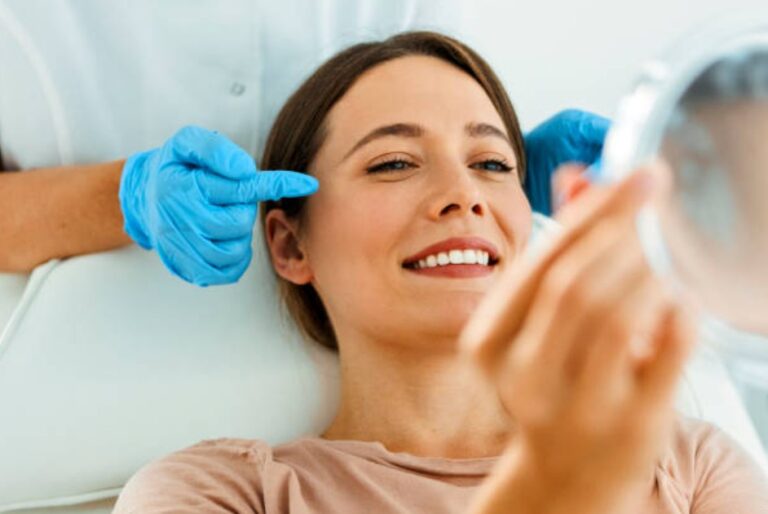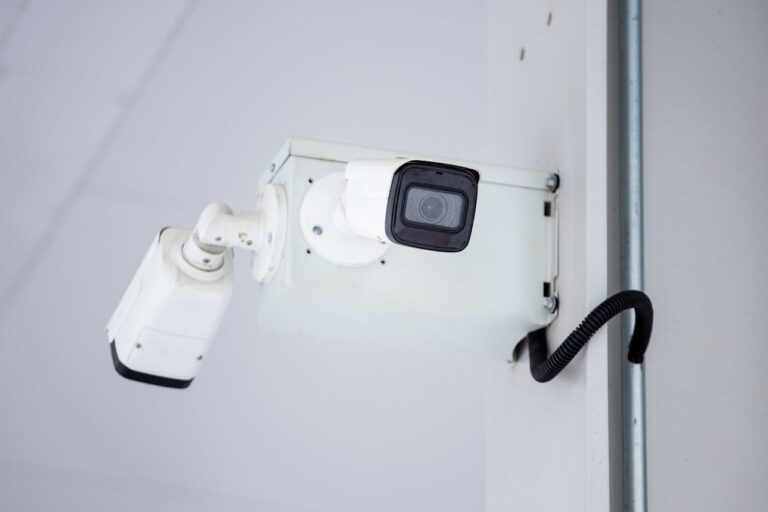
In a landmark update to its 2017 guidelines, NICE has confirmed that all patients with suspected endometriosis should be offered a transvaginal ultrasound, even when pelvic or abdominal examinations appear normal. This change aims to speed up diagnosis and provide clearer pathways for managing a condition that affects around 1.5 million women of reproductive age in the UK.
Addressing Delayed Diagnoses
Endometriosis, a condition where tissue similar to the lining of the womb grows outside it, can lead to chronic pain, fertility issues, and debilitating symptoms. Despite its prevalence, the average time to diagnosis remains eight to ten years. Delays often result in prolonged suffering, worsened health outcomes, and risks to fertility. By emphasizing early diagnostic imaging, NICE hopes to bridge the gap between symptom onset and diagnosis.
Transvaginal ultrasounds are particularly effective for detecting ovarian endometriomas and deep endometriosis involving the bladder, bowel, or ureter. They also help identify other potential pathologies that may cause similar symptoms, enabling GPs to make more informed decisions about treatment and referrals.
What Does the New Guidance Mean for Patients?
The updated guidance highlights the importance of proactive investigation for suspected endometriosis:
- Ultrasound as a First-Line Investigation: Patients will now have access to transvaginal ultrasound scans through their general practice, even if no abnormalities are detected during a physical exam.
- Parallel Investigations: GPs are encouraged to conduct ultrasounds alongside initial pharmacological treatments, avoiding unnecessary delays.
- Referral to Specialists: Patients with persistent or recurrent symptoms, or those whose initial treatments are ineffective, will be referred to secondary care for further evaluation and management.
Young women under 17 will benefit from specialized care through paediatric and adolescent gynaecology teams, ensuring their unique needs are met.
Bridging the Gap in Diagnostic Services
The implementation of these recommendations will undoubtedly place additional pressure on diagnostic services. However, private clinics like Shoreditch GP Clinic and Spital Clinic are well-positioned to support the NHS by offering timely access to ultrasound scans. These facilities specialize in gynaecological imaging, including transvaginal ultrasounds, and can help expedite diagnosis for women who might otherwise face long waiting times in the public healthcare system.
For example, clinics can provide comprehensive diagnostic services tailored to women’s health, ensuring patients receive high-quality imaging and expert evaluations. This not only alleviates the burden on NHS services but also gives patients greater flexibility in managing their care.
The Role of Family History in Diagnosing Endometriosis
NICE also recommends that GPs ask about family history, as having a first-degree relative with endometriosis increases the likelihood of developing the condition. This insight underscores the importance of personalized care, where genetic and lifestyle factors are considered alongside clinical symptoms.
Why Early Detection Matters
Early detection and intervention can significantly improve outcomes for women with endometriosis. Left untreated, the condition can lead to severe complications, including chronic pain, infertility, and organ damage. By standardizing the use of transvaginal ultrasounds as a diagnostic tool, GPs can identify cases earlier and initiate appropriate management strategies.
Additionally, timely diagnosis can reduce the emotional and financial toll on patients. Many women turn to private healthcare after years of unrelieved suffering, often spending thousands on consultations, imaging, and surgeries. Expanding access to diagnostic tools through general practice will help ensure that no woman feels forced to navigate this journey alone or without adequate support.
Complementing NHS Services with Private Care
While the updated guidelines represent a significant step forward, capacity issues within the NHS may pose challenges to implementation. Private clinics like Shoreditch GP Clinic and Spital Clinic can play a vital role in bridging these gaps. By offering rapid access to transvaginal ultrasounds and expert gynaecological care, these clinics help women gain clarity about their condition without the delays associated with public healthcare.
Furthermore, facilities like Spital Clinic provide a holistic approach to diagnosing and managing conditions like endometriosis, combining advanced imaging techniques with expert consultation to guide treatment plans. Such services complement NHS efforts, ensuring more women receive the timely care they need.
Also Read: Healthy Boundaries, Happy Hearts: Relationship Support for Teenagers
A Brighter Future for Women’s Health
Endometriosis has long been underdiagnosed and undertreated, with many women enduring years of unnecessary suffering. NICE’s updated guidelines are a critical step in addressing this inequity, providing clearer pathways for diagnosis and management. By integrating transvaginal ultrasounds into routine care for suspected endometriosis, the guidelines prioritize early detection and pave the way for more timely treatment.
However, systemic challenges remain. Collaborative efforts between the NHS and private clinics like, Private Shoreditch GP, Spital Clinic will be essential to meeting the increased demand for diagnostic services. Together, these providers can ensure that all women—regardless of their circumstances—have access to the high-quality care they deserve.
Women’s health is not just a medical issue; it is a societal priority. By embracing these advancements, we can build a healthcare system that truly supports women at every stage of their lives.








